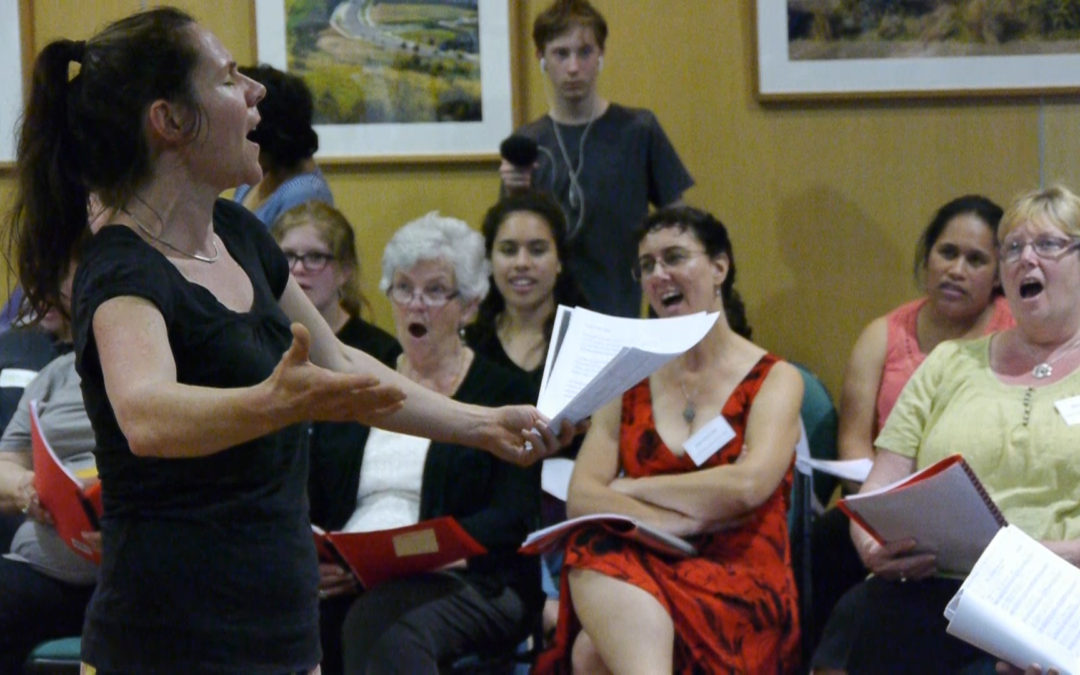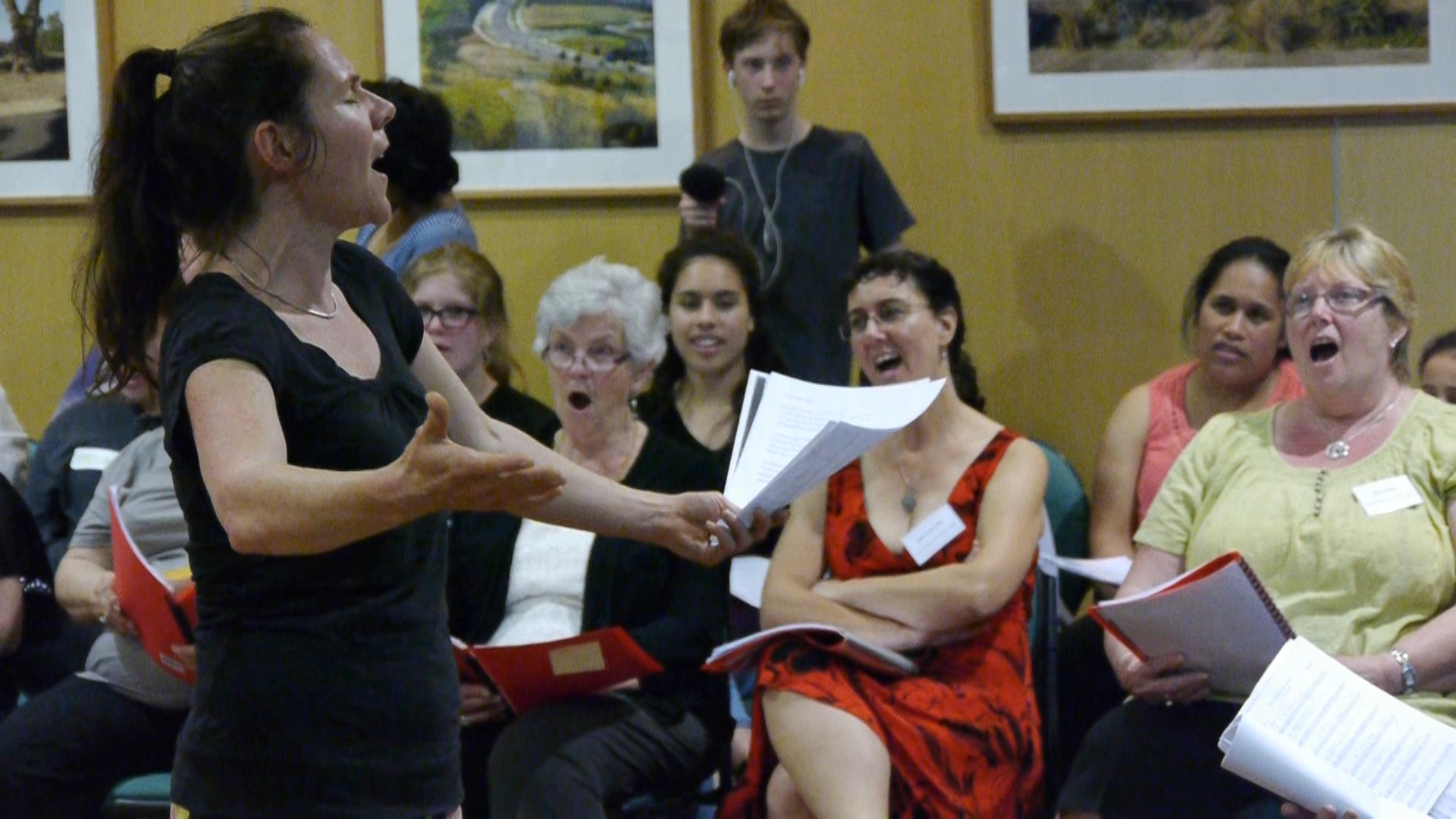Andrew Garton on Fair Use in Australia
Over recent months an intense debate has had artists, authors and filmmakers in Australia rail against recommendations made by the Productivity Commission, consisting of a Fair Use provision to be added to Australia’s Copyright Act. Andrew has been one of a few supporting such a provision and he has been a guest panellist at two recent forums on the subject in order to describe how restrictive the Australian Copyright Act can be within non-profit and educational sectors.
A film he completed in 2016 cannot be seen due to the cost of synchronisation rights that would have to be paid for the right to have it screened. “This Choir Sings Carols” tells the story of a community choir that meets once a year in a multicultural, multi-faith, intergenerational setting. The film was made with a local youth theatre group mentored by Andrew to crew the production. The end result is a series of interviews with choir members interwoven with auditions, rehearsals and a public performance. It’s a not-for-profit production commissioned by local government who in turn sponsor the choir.
Even if they could raise the AUD 10,000 to cover synchronisation rights for the music sung throughout the film, there are strict limits to the licence. “This Choir Sings Carols” would be allowed to be screened at Australian film festivals only, no theatrical nor broadcast release, only 100 DVDs could be published, and trailers would have to be negotiated independent from the feature. Another flag: it’s a three-year licence. If they wanted to have it screened at an overseas festival the synchronisation rights fees would increase 100%.
Meanwhile, if Australia had a Fair Use provision, such a film could be screened anywhere at any time. Royalties for rights holders would still be distributed were the film to be screened at festivals. The only people missing out are the publishers which benefit the most from synchronisation rights licence fees. Andrew will be speaking at Sydney’s Vivid Festival in May to further the discussion about these issues and “This Choir Sings Carols”, fast becoming his most popular and least seen film. For more information about this topic, check “The Creative Power of Copying” and the Australian Digital Alliance.


